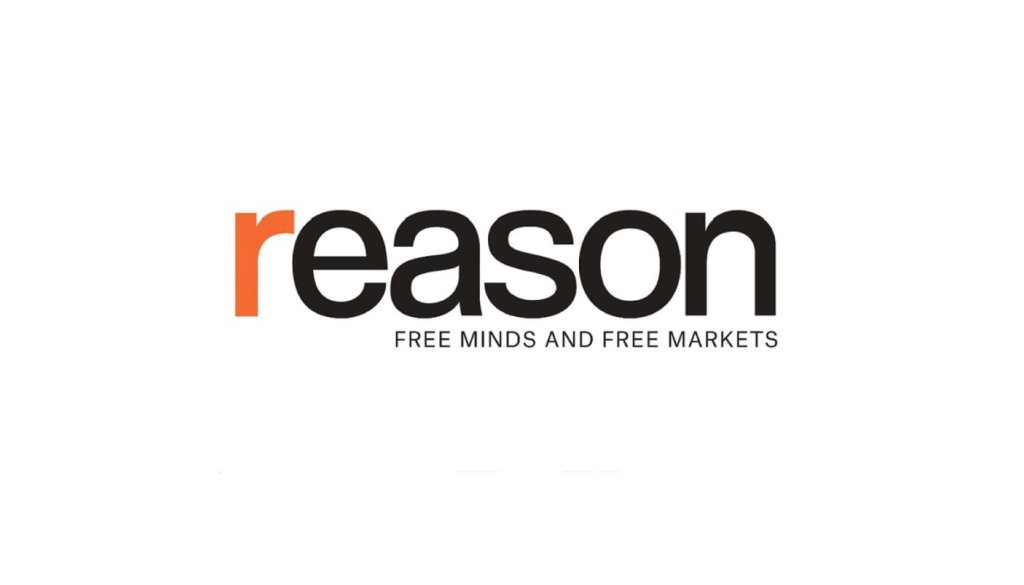Milton Friedman’s Warning to DOGE
“Wise words,” wrote Elon Musk about this 1999 viral clip described as “Milton Friedman casually giving the blueprint for DOGE [the Department of Government Efficiency]” as he ticks off a list of federal government agencies he’d be comfortable eliminating.
Musk is right. Friedman, a Nobel Prize–winning libertarian economist, did offer a solid blueprint for creating a smaller, less intrusive government. At the peak of his fame, he seemed poised to influence an American president to finally slash the federal bureaucracy.
But those efforts ended in disappointment because they were blocked by what Friedman called the Iron Triangle of Politics.
Slashing government waste and making the federal bureaucracy more accountable are incredibly important. But President Donald Trump and Musk are hitting the same wall President Ronald Reagan did more than four decades ago.
Now more than ever, it’s time to pay attention to Milton Friedman’s advice for how to defeat the tyranny of the status quo.
In the 1980s, Friedman’s influence reached deep into the halls of power.
“Government is not the solution to our problem. Government is the problem,” said President Reagan during his first inaugural address in January 1981.
Like Trump, Reagan was preceded in the White House by a big government liberal, who expanded the size of government and whose presidency was plagued by inflation.
Reagan, who awarded Friedman the Presidential Medal of Freedom, promised to enact many of the libertarian policy ideas laid out in the 1980 bestseller co-authored with his wife Rose.
“I don’t think it’s an exaggeration to call Milton Friedman’s Free to Choose a survival kit for you, for our nation, and for freedom,” Reagan said in an introduction to the television adaptation of Friedman’s book.
But for the most part, the Reagan Revolution failed to deliver on its libertarian promises.
“Reagan’s free market principles…clashed with…political reality…everywhere,” wrote his former budget director David Stockman in his 1986 book The Triumph of Politics: Why the Reagan Revolution Failed. “For the Reagan Revolution to add up,” he wrote, all the people “lured” by politicians into milking social services “had to be cut off.”
Reagan tried to keep his promises but, like most presidents, he was only partly successful.
Reagan lifted price controls on oil, cut taxes, and pushed for deregulation. But his commitment to these initiatives quickly fizzled. Federal spending exploded, and he even left trade quotas in place for the automotive industry.
The failure of the Reagan revolution inspired the Friedmans to write The Tyranny of the Status Quo, which examines the political obstacles that obstruct government cost cutting. Their insights are as relevant today as they were 41 years ago.
The book, which came out in 1984, pinpoints the Iron Triangle of Politics as the main obstacle to cutting government. The triangle’s three points reinforce each other to uphold the status quo: the Beneficiaries, the Politicians, and the Bureaucrats.
The “beneficiaries” are interest groups and connected industries that profit off of government programs at the expense of taxpayers. Today’s beneficiaries include farmers who receive federal dollars. The new budget bill backed by the Republican Party would extend the Farm Bill, which subsidizes crop purchases. As Friedman said, the people paying the bill are “dispersed.” You might not have noticed your share of the $2.1 billion going to prop up corn, soybeans, wheat, and other prices when you paid your 2023 taxes, but the farmers who get that money certainly did.
The “politicians” depicted on the triangle are supposed to be responsive to their constituents but end up serving interest groups instead. But it’s the bureaucrats who actually distribute the money.
They grow their power when politicians grow the size of their departments, which generates more spoils to distribute to the beneficiaries. It’s a symbiotic relationship all at taxpayer expense.
Bureaucracy tends to “proceed by laws of its own,” wrote Friedman, noting that in the half-century between Franklin Delano Roosevelt’s New Deal and the Reagan Revolution, the U.S. population “didn’t quite double but federal government employees multiplied almost fivefold.”
Musk has also observed that a metastasizing bureaucracy “proceeds by laws of its own,” stating in a press conference from the Oval Office that “if the people cannot vote and have their will be decided by their elected representatives…then we don’t live in a democracy, we live in a bureaucracy.”
And, like Friedman, he senses danger if the ballooning of the bureaucratic state isn’t reversed. At another press conference, he told attendees that “the overall goal here with the DOGE team is to help address the enormous deficit….If this continues, the country will become de facto bankrupt.”
DOGE’s strategy is to try breaking through the Iron Triangle by the force of a thousand cuts, looking for little inefficiencies with the mindset of a software engineer. Musk has described his role as “tech support,” which is fairly accurate given that the Executive Order that created DOGE actually just rebranded an Obama-era agency called the U.S. Digital Service.
It’s a good start. The federal work force should be streamlined, and much of it even automated. But Musk might be repeating some mistakes of the Reagan years.
As Stockman observed, the Reagan Revolution floundered because his team only focused on “easy solutions” like ferreting out “obscure tidbits of spending that could be excised without arousing massive political resistance,” which” yielded savings that
Article from Reason.com

The Reason Magazine website is a go-to destination for libertarians seeking cogent analysis, investigative reporting, and thought-provoking commentary. Championing the principles of individual freedom, limited government, and free markets, the site offers a diverse range of articles, videos, and podcasts that challenge conventional wisdom and advocate for libertarian solutions. Whether you’re interested in politics, culture, or technology, Reason provides a unique lens that prioritizes liberty and rational discourse. It’s an essential resource for those who value critical thinking and nuanced debate in the pursuit of a freer society.




